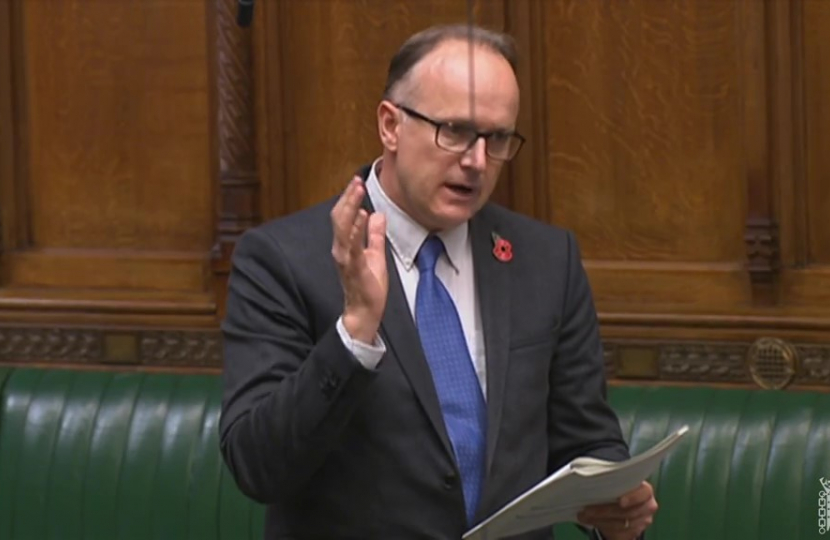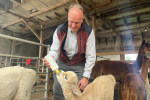
Dr Neil Hudson MP – the only vet in the Commons – celebrated the Government introducing new legislation to ban the keeping of primates, improving the welfare of these complex sentient creatures.
The legislation brings in a licensing scheme setting strict rules to ensure that only private keepers who can provide the highest welfare standards will be able to keep primates.
This is just one of many animal welfare commitments from the Kept Animals Bill now being delivered through faster and more effective single-issue bills. These include the Live Exports Bill which prohibits the export of certain animals from Great Britain for slaughter which you can watch Dr Hudson support in Parliament here; as well as proposed laws to crack down on livestock worrying, puppy smuggling and pet abduction.
Dr Neil Hudson MP said:
“Primates are incredible complex creatures that deserve the highest of welfare standards and that is exactly what this new legislation delivers on. Having sat on the Kept Animals Bill Committee that examined this vital primate issue closely, I really welcome this legislative change.
“We are already the highest ranked G7 nation according to the World Animal Protection Index, having brought in laws to recognise animal sentience, crack down on animal cruelty and extended ivory and shark fin import bans. And yet still we are going further, acting as a beacon of best practice to our international partners across the world.
“I now look forward to welcoming legislation on puppy smuggling, pet theft, livestock worrying and a host of other animal welfare priorities being delivered by the Conservatives.”
It is estimated that up to 5,000 primates are kept as pets in the UK. These wild animals have complex welfare and social needs and, according to most experts, cannot be properly cared for in a domestic setting.
Under the changes, introduced via secondary legislation under the Animal Welfare Act 2006, it will no longer be possible to keep primates in domestic settings as household pets in environments that fail to provide for their needs.
Licensing is expected to come into force in 2026, subject to parliamentary processes, with existing keepers having two years from the SI being approved to reach compliance with the licensing conditions.
The new laws deliver on a manifesto commitment and builds on the recent primate consultation. It is already an offence to keep a primate while not providing for their welfare needs, or to cause them unnecessary suffering. Today’s announcement tightens these rules further – and all private primate keepers will be required to hold a licence, issued by their local authority. Failure to comply with the law could result in an unlimited fine or removal of the primate.



